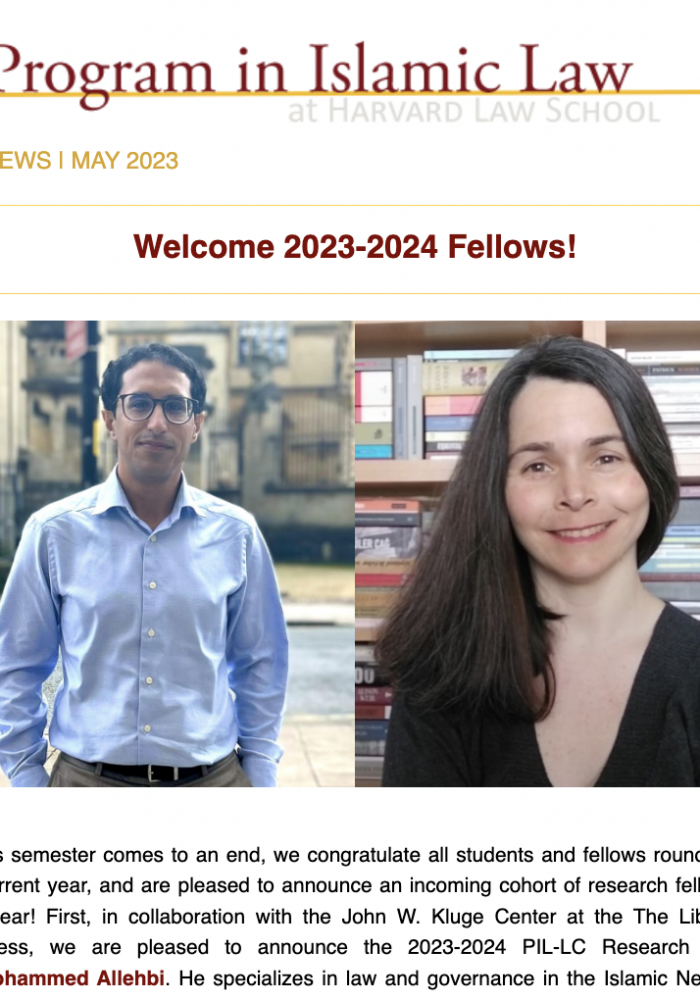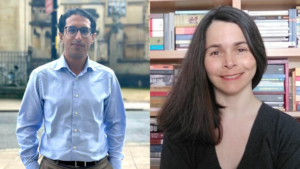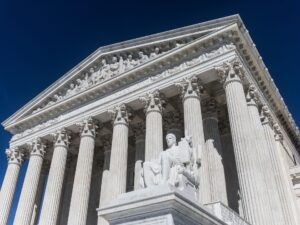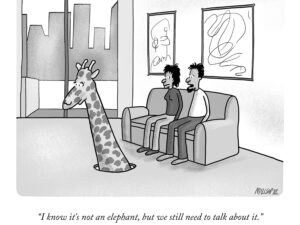
 |
Welcome 2023-2024 Fellows! As this semester comes to an end, we congratulate all students and fellows rounding out the current year, and are pleased to announce an incoming cohort of research fellows for next year! First, in collaboration with the John W. Kluge Center at the The Library of Congress, we are pleased to announce the 2023-2024 PIL-LC Research Fellow, Dr. Mohammed Allehbi. He specializes in law and governance in the Islamic Near East and the Mediterranean during late antiquity and the Middle Ages. Currently, he is working on his first monograph about the formation of Islamic criminal justice and policing in the Near East and in the Mediterranean between the eighth and twelfth centuries. After earning his master’s degree in Middle Eastern studies from the University of Chicago in 2014, he received a PhD in history from Vanderbilt University in 2021, where he was a senior lecturer in the Department of Classical and Mediterranean Studies. Second, joining him as a PIL Research Fellow is Professor Fatima Karagöz! She is an assistant professor of legal history based at Galatasaray University Faculty of Law. Her overall work focuses mostly on property relations on agricultural land and on landed usufruct in legal theory and practice. Her current research examines applications of property law in the second half of 18th-century Antioch with specific focus on assertions of property rights by women. She received a PhD in Public Law from İstanbul University in 2018, an MA in Ottoman History from İhsan Doğramacı Bilkent University in 2010, and BA in Law from Galatarasay University Faculty of Law in 2005. We look forward to welcoming this new cohort and and look forward to reuniting next year with an exciting lineup of events and opportunities!
|
 |
CONTENT: Supreme Court Frieze Depicting the Prophet Muḥammad One aim of SHARIAsource is to provide access to primary sources of Islamic law to support research on salient issues of Islamic law and history. In 1997, commentators protested a Supreme Court frieze installed in 1935 that depicts the Prophet Muḥammad, among other historical figures, social concepts, and major law-givers—including King Louis IX of France, King John of England, Charlemagne, Justinian, and the ideals of Equity, Liberty, and Peace: At the time, “[a] petition signed by 16 groups across the country asked that the larger-than-life frieze of great lawgivers be altered ‘in the spirit of religious tolerance and pluralism’ because Islamic tradition discourages artistic renderings of people, and showing the face of Muhammad is considered particularly offensive.” The petition was dismissed, many believe correctly, and the frieze depicting the Prophet remains at the Supreme Court in recognition of his role as a major ‘lawgiver.’ If interested in learning more, you can explore online sites of institutions in the U.S. that feature images or statues depicting important figures from Islamic history.
|
 |
CONTEXT: Controversy over Depictions of Prophet Muḥammad Controversy at Hamline University, a private liberal arts university in Minnesota, broke out earlier this year concerning a class that featured depictions of the Prophet Muḥammad. The row for and against it raised questions of free speech and academic freedom, pitted sensibilities around religion and religious expression. To provide context for understanding this current controversy, and past / recurring controversies in this vein, the Islamic Law Blog published a resource roundup on controversies surrounding negative depictions of the Prophet. It also provides references for historical practices among Muslims across the globe, for art historians and matrial cultural scholars, and for varied American institutional actors on depictions of the Prophet. The resource collect sources for images of the depictions, prior court cases on them, and scholarly commentary about them, both negative and positive practices. At base, the controversies are about the ways in which law, history and academic freedom intersect with non-uniform religious and cultural sensibilities. (PC: Lonnie Millsap/The New Yorker) |

